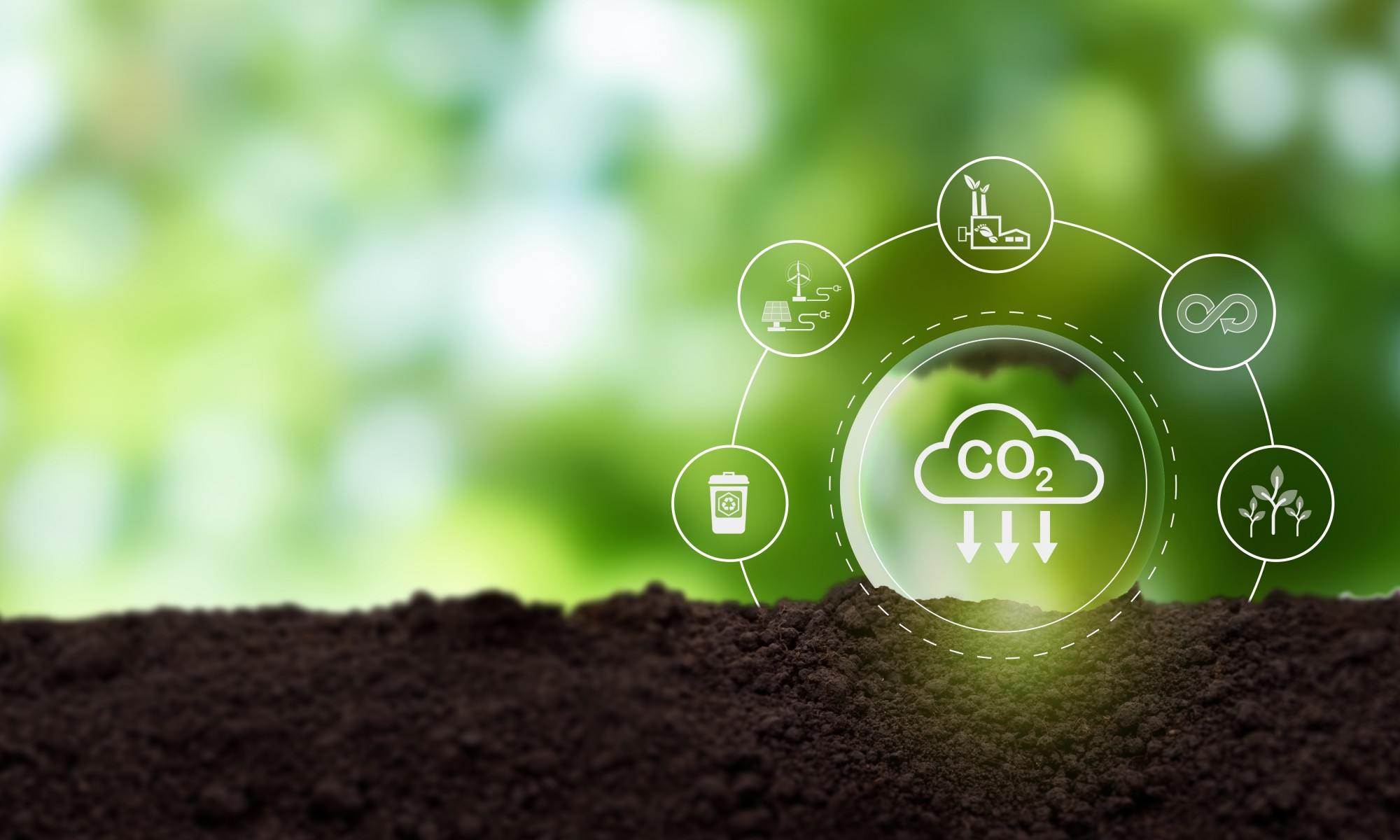Energy Efficiency, GHG Emissions, Industrial - November 8, 2024
Virginia Tech Receives Industrial Decarbonization Funding
Virginia Tech was chosen by the U.S. Department of Energy Office of Fossil Energy and Carbon Management to lead a feasibility research study for developing a regional carbon dioxide storage complex in the Roanoke Valley.
Project CARDINAL would prevent an estimated 50 million metric tons of carbon from going into the atmosphere in the next three decades, according to a statement.
A research team led by Virginia Tech will receive a $9 million grant from the Department of Energy CarbonSAFE program and $2.6 million from Roanoke Cement Company LLC in Botetourt County.
The team will be led by Ryan M. Pollyea, associate professor of geosciences at Virginia Tech and director of the newly established Carbon CoLab.
“This is where our research and teaching become reality,” Pollyea said. “This feasibility study is the first step in moving us toward a place where industrial carbon dioxide emissions are prevented from entering the atmosphere.”
Project CARDINAL is located at the Roanoke Cement Plant in Botetourt County, where Virginia Tech and Roanoke Cement Company will collaborate with partners from the Southern States Energy Board, Advanced Resources International, Crescent Resource Innovation, and Top Rock Geoscience.
Project CARDINAL will work on geologic carbon sequestration, which Pollyea has been studying since 2007. The technology requires separating carbon dioxide from the emissions streams at power, cement, and chemical plants, then permanently storing the carbon dioxide within deep geologic formations.
The long-term goal is to permanently store carbon dioxide in the same type of geological formations that often hold other resources, such as oil and gas. The geologic formations for carbon dioxide storage at Project CARDINAL would be deep underground, more than a mile below ground surface.
Project CARDINAL will test the geologic conditions at the Roanoke Cement Plant for the ability to store 1.7 million metric tons of carbon dioxide each year for the next three decades.
Share this valuable information with your colleagues using the buttons below:
« Back to NewsStay Up-To-Date












